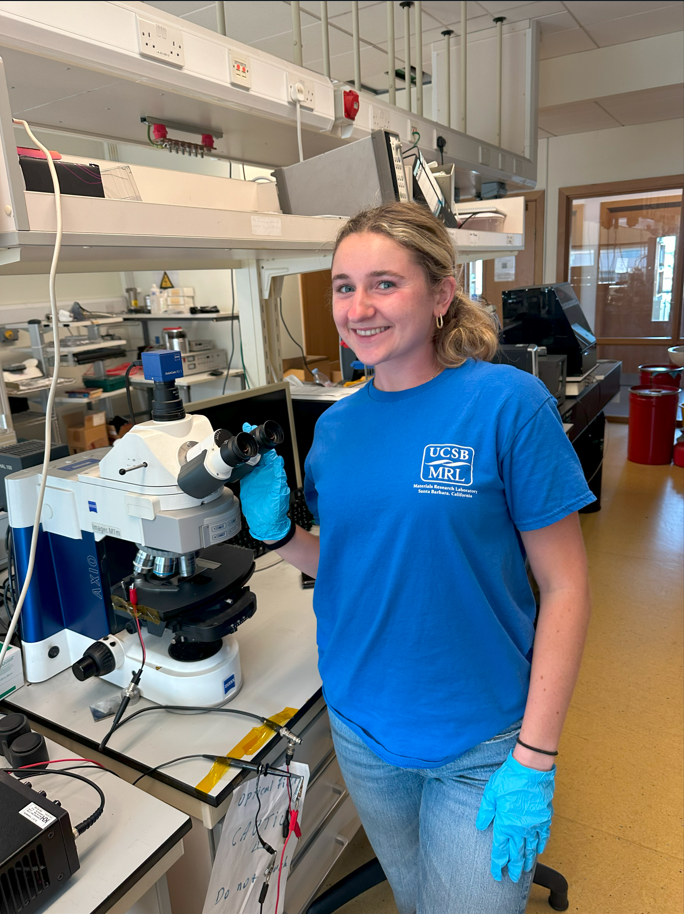
Nanoindentation is a materials science technique focused on measuring the mechanical properties of materials at the nanoscale. This is achieved by applying a precise load to a material using a sharp tip and measuring the resulting displacement into the substrate. The method provides insights into the hardness, elastic modulus, and other mechanical properties of the sample. A range of tips are available for various indentation applications, such as the spherical indenter and the flat punch indenter. However, the diamond Berkovich tip stands out for its consistency during nanoindentation. Up-and-coming research also suggests its potential application in Atomic Force Microscope (AFM)-based nanoindentation, allowing precise control of sample deformation at the nanometer scale. Despite the Berkovich tip’s importance, manufacturing pure diamond Berkovich AFM probes is labor-intensive and, therefore, expensive for researchers to purchase. Currently, they are manufactured individually and cut from pure diamond. This research explored using Finite Element Analysis (FEA) software to simulate an alternative molding technique for producing Berkovich tips. The simulations tested the feasibility of this process, particularly by comparing the elastic recovery of various materials. The material’s ability to withstand Chemical Vapor Deposition (CVD) coatings and its hardness-to-Young’s modulus (H/E) ratio were also considered. Both 2D axisymmetric and 3D dynamic models were used in Abaqus Finite Element Analysis. The simulations identified tungsten as the best moldable substrate and found that a half-angle of 64.8 degrees was most suitable for creating the desired geometry of a standard Berkovich tip. The potential to manufacture Berkovich tips using molding techniques is promising at the simulation stage, suggesting that further experimental research could yield a viable manufacturing model. This advancement could make AFM-based nanoindentation and several other materials science instruments more accessible to industry and laboratories worldwide.